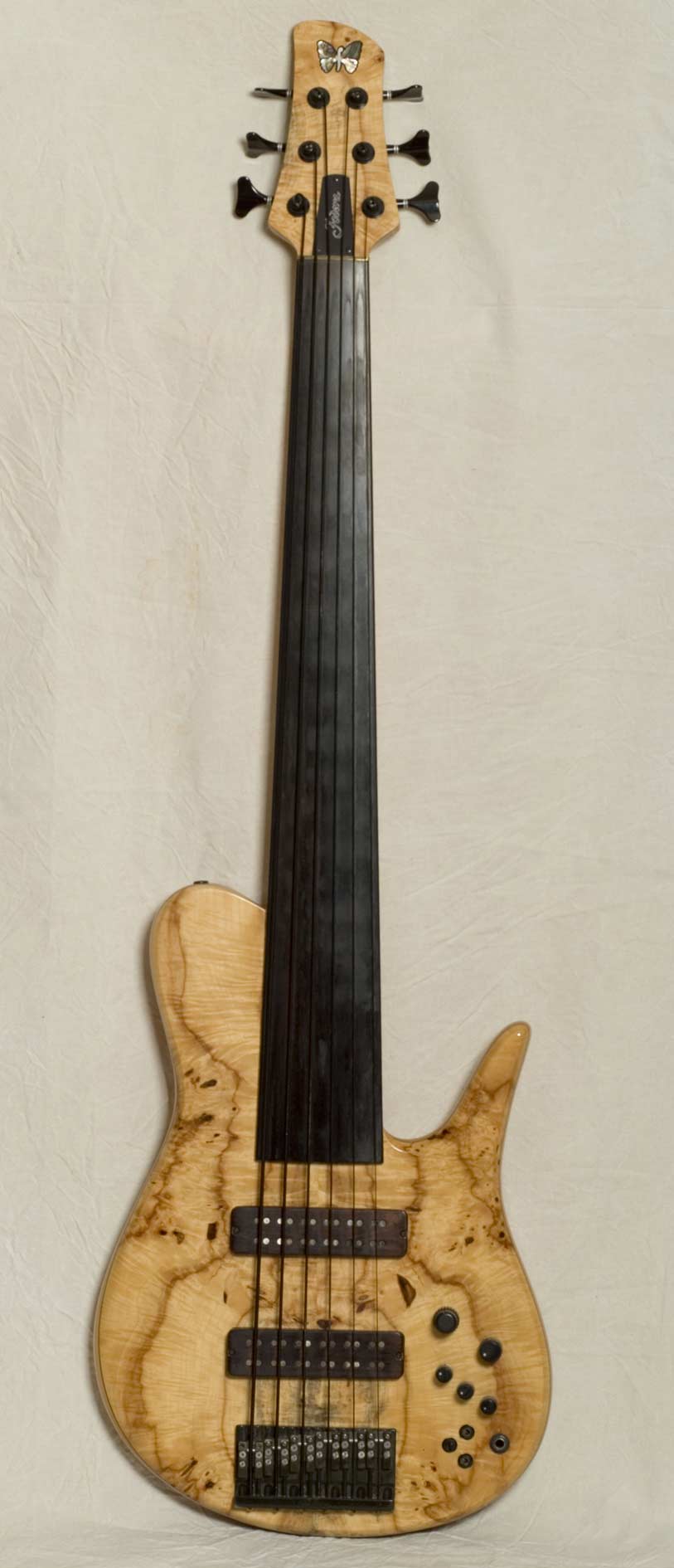

Juice Box Records and jungle Juice Box Records Although Simpson was credited on its first release on the album Quadrastate both as a writer and co-producer, the dispute escalated as Simpson claimed to have written the entire track. However, according to Simpson, they had finished and released the track without his permission. Īt the same time a track Simpson started before leaving 808 State, " Pacific State", was released and hit the charts. Much is written about the influence of the Hacienda and the rave scene on his music, however Simpson was more influenced by dancers such as Foot Patrol and the Jazz Defektors, regulars in the North of England black club scene. " Voodoo Ray" entered the UK chart in 1989 rising to number 12.

It was the first acid house track produced in the UK, and released on a small Merseyside independent label (Rham! Records) based in Wallasey. The result of heading back into his bedroom studio was " Voodoo Ray", played first at the Hacienda in 1988, and then the underground clubs before entering the UK Singles Chart a year later. Their first album, Newbuild, was released in 1988, but he soon left the group to concentrate on his solo work. They released a 12" single called "Wax on the Melt", a collaboration between a number of crews and Graham Massey and Martin Price together with whom he would later form 808 State. Using cut up beats, samples and turntables they would challenge other bands and their sound systems. Inspired, Simpson began experimenting with tape editing and drum machines and the regular jams in the attic of his house led to forming the Scratchbeat Masters. At this time music from Detroit and Chicago – from producers such as Juan Atkins, Derrick May, Kevin Saunderson was being played by Stu Allan on Piccadilly Radio and imported directly into Manchester's specialist record shops.Ĭareer 808 State and "Voodoo Ray"

Around 1983 with electro booming and early hip hop, breakdancing and b-boy culture making its way from the US, he left dance college to immerse himself in electronic music production. Manchester was a hotbed of dance music with black club nights open every night of the week and Simpson spent his time joining in the vibe. He absorbed jazz fusion and electro funk at clubs, youth clubs and shebeens such as Legends, St.Alfonso's, British Legion and the Reno in Manchester, where the dancefloor in the early 1980s inspired him to study contemporary dance. Simpson was influenced by his Jamaican roots his father's blue beat, ska and Trojan reggae record collection, his mother's Pentecostal church sessions and the Jamaican sound system parties in Manchester's Moss Side area where he grew up.


 0 kommentar(er)
0 kommentar(er)
